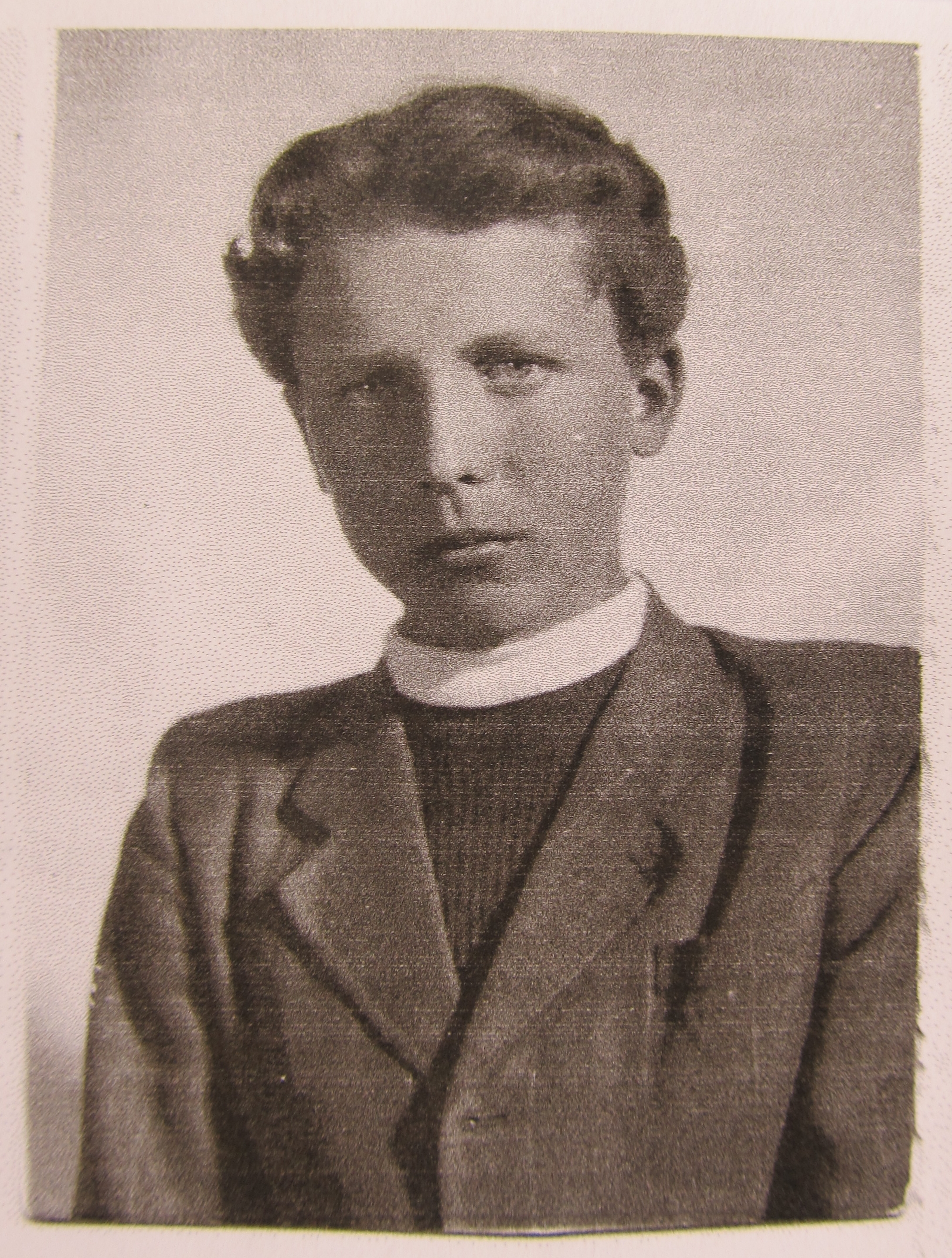9 months of tough interrogations in Uherské Hradiště

Download image
Jiří Procházka was born on September 11, 1930 in Kroměříž. His father was a farmer, his mother took care of the household, his large family (several siblings and three orphans from his father’s brother) lived on the farm. After 1948 they lost their fields and property due to collectivisation, and their father died soon afterwards. After the war, Jiří studied at a business academy, but was expelled from it because of his anti-communist views and on the basis of a denunciation by a classmate. He attempted to flee abroad, but was arrested in Železná Ruda. He spent two weeks in detention in Klatovy, then was released, perhaps thanks to the intervention of General Ludvík Svoboda, who lived in Kroměříž and was related to Procházka’s family. After returning to Kroměříž, Procházka became involved in anti-communist activities in the illegal group “Světlana”. They produced and distributed leaflets, and Procházka initiated plans to kidnap Ludvík Svoboda. In the spring of 1949, most of the group, active in the Kroměříž, Vsetín and then Gottwaldov regions, was arrested by State Security. Procházka was then working as an accountant at the Mladá fronta newspaper in Prague, and the State Security officers did not come for him until October 28, 1949. First he was held for several days in Bartolomějská Street, from there he was transferred to the dreaded prison in Uherské Hradiště, where he spent almost nine months. During interrogations he experienced beatings and inhuman conditions in overcrowded cells. Throughout his detention, he had no contact with his relatives and only met his lawyer, assigned ex officio, on the day of his trial. The public trial of the group “Světlana, Jaromír Vrba and Co.” took place in a hostile atmosphere in a large cinema in Zlín on September 18, 1950. The Brno State Court found 32 defendants guilty of treason and anti-state activities. It imposed one death sentence (Jaromír Vrba was executed before Christmas 1950), two life sentences and other sentences ranging from 22 to four years. Jiří Procházka walked away with 20 years imprisonment and the loss of civil rights for five years. He served his sentence in uranium mining and construction work in the Rovnost, Bytíz, and Vojna camps, and was eventually imprisoned at Pankrác. During his internment in the camps, he was corrected several times, contracted infectious hepatitis, and suffered serious head injuries. At the Vojna camp, he participated in a collective hunger strike in protest of the unsatisfactory regime, and experienced several unsuccessful attempts at prisoner escapes. After ten years of slave labour, he was released on parole on August 14, 1959 with fifty crowns in his pocket. At home, he soon had a draft order for two years of war. However, because he was deprived of his civil rights for five years as a result of the sentence, the soldiers finally conscripted him in 1965 to the former PTP (Technical auxiliary battalion) labor battalions, then the Military Road Construction. After the war, he worked as an assistant engineer at Pozemní stavby Praha. He got married. He retired from his position as technical deputy director of Prefabricated Constructions in the 1990s, when he was also fully rehabilitated by the Brno State Court. Jiří Procházka became a member of the Club of Committed Non-Partisans in 1968. In 2012 he was awarded as a participant of the anti-communist resistance.





